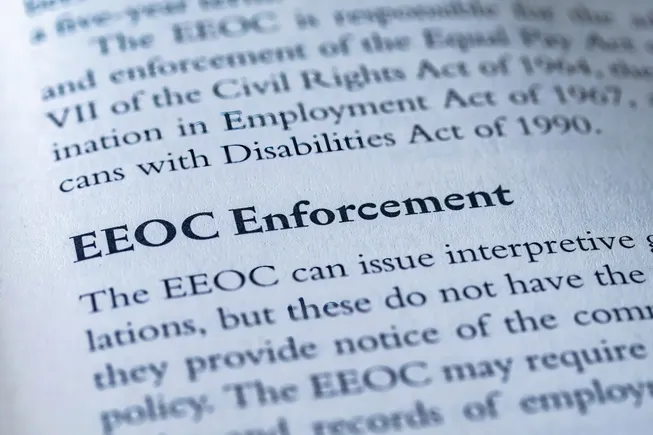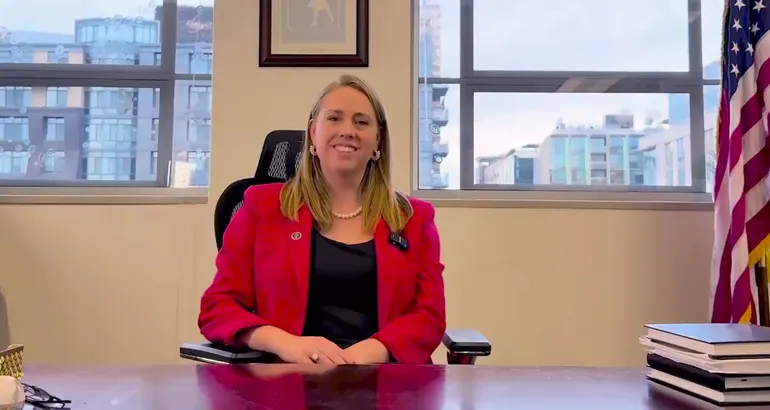California Gov. Gavin Newsom on Monday vetoed legislation that would have regulated how employers use artificial intelligence in decision-making, including hiring, promotion, discipline and termination.
Nicknamed the “No Robo Bosses Act,” the bill was introduced by Democratic State Sen. Jerry McNerney in March. It was amended by the Assembly and Senate throughout the spring and summer and passed by both chambers in September.
In a statement to California’s Senate, Newsom said that while he “share[d] the author’s concern” about unregulated AI decision-making, the bill “imposes unfocused notification requirements on any business using even the most innocuous tools” and “fails to directly address incidents of misuse.”
Newsom also took issue with the bill’s “overly broad restrictions” on the use of AI tools, noting they might take away “a potentially valuable tool for rewarding high-performing employees,” and suggested forthcoming California Privacy Protection Agency regulations will address other aspects of the bill.
The bill, which would have also required employers to provide advance notice to workers about the use of automated decision-making systems (ADS) and required disciplined or terminated workers to be notified if that decision was primarily made by ADS, would have been the first law of its kind in the U.S., McNerney said in a press release. There are now hundreds of “bossware” products available, he said, and some are resulting in errors such as accidental terminations.
Newsom previously vetoed other AI-related legislation, including a bill last year that would have made tech companies legally liable for AI-related harm.
Other workplace bills signed into law
While Newsom vetoed what would have been one of the most notable workplace laws, he signed into law a few that will soon affect employers.
SB 590 will expand eligibility for benefits under the state’s paid family leave program to include those who take time off for a seriously ill “designated person,” defined as someone related by blood or with the equivalent of a family relationship. The law will take effect July 1, 2028.
Newsom also signed SB 294, which requires employers to provide an annual stand-alone written notice to each employee of their workplace rights beginning Feb. 1, 2026, and a written notice to each new employee upon hire.
The bill directed the California labor commissioner to develop and post a template employers can use to comply with the law no later than Jan. 1, 2026, as well as video explanations of rights for workers and employers.
SB 294 also requires employers to notify designated emergency contacts if an employee is arrested or detained at the worksite. Employers must make the opportunity to name an emergency contact available by March 30, 2026, and to all new employees after that date.






Leave a Reply